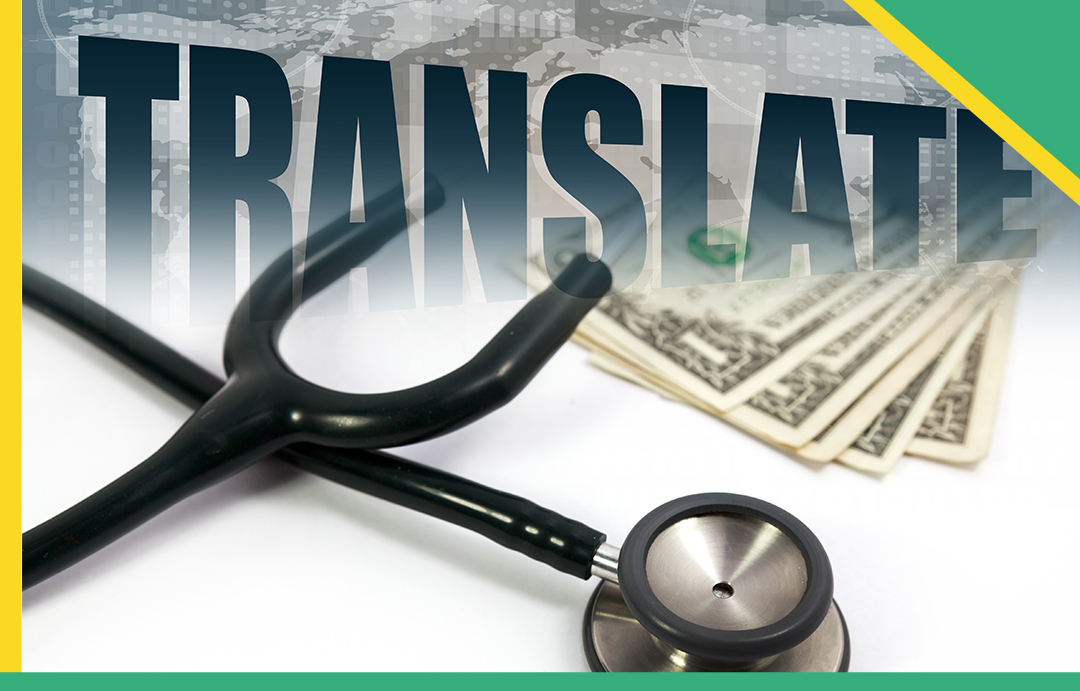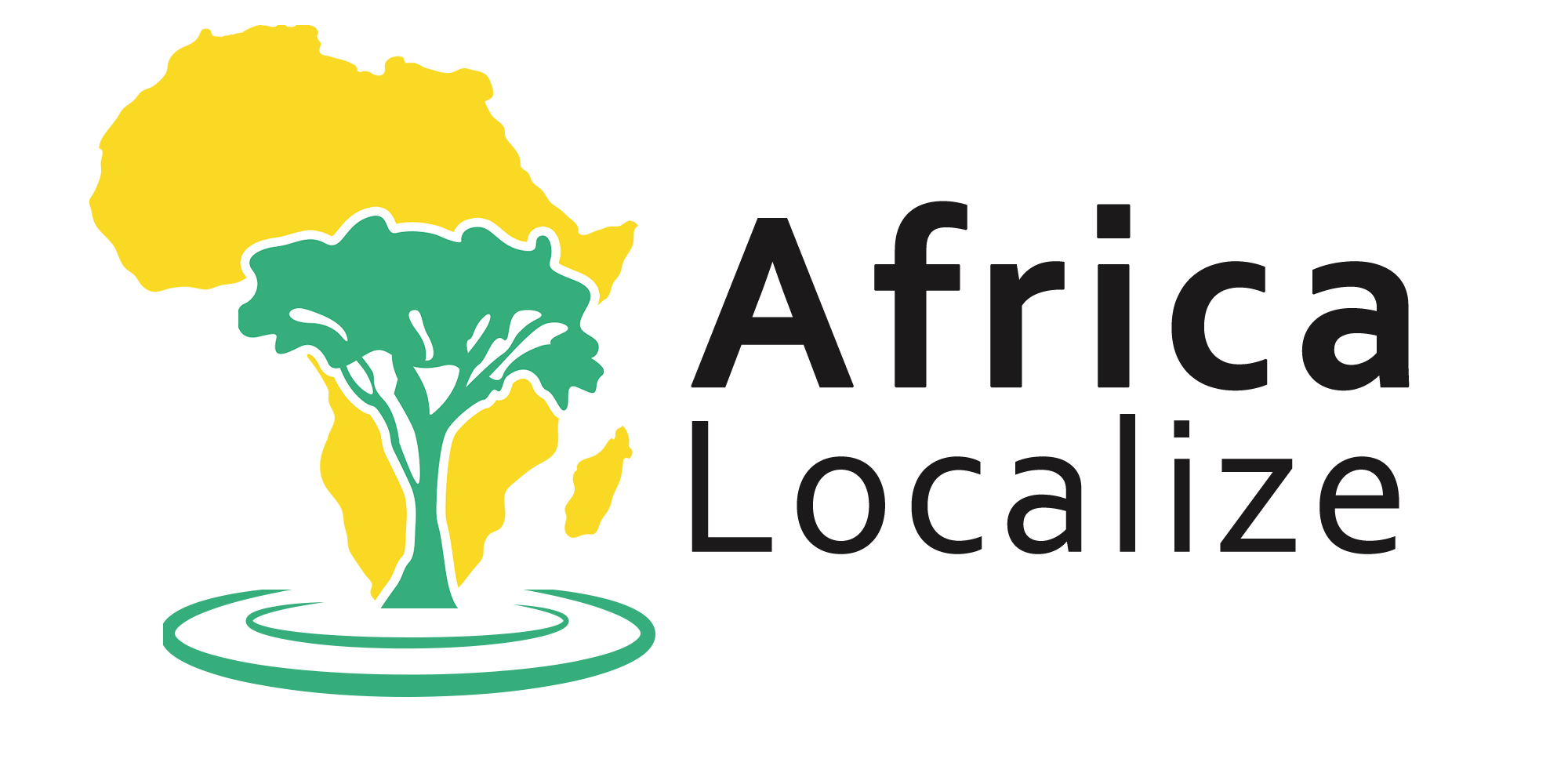How Much Does the Medical Translation Cost?

The need for accurate and reliable medical translation services has never been more critical.
Whether it’s for patient care, research, or regulatory compliance, the ability to effectively communicate medical information across different languages can significantly impact health outcomes.
However, costs fall at the center of medical service stakeholders’ considerations.
There are several factors that influence the price of medical translation services, but no matter how costly it is, it is still cost-effective and it pays off.
Factors that Affect the Cost of Medical Translation Cost
Here are a few factors to be considered when estimating the cost of medical translation.
How to Charge for Medical Translation Services?
There are three main ways to calculate the Medical Translation rate, which are per word, per page, and hour.
Charging per word is the most common method, providing a clear cost structure based on the document’s word count. This approach allows for precise estimates and easy comparisons between providers.
Per-page rates are often used for documents with uniform formatting, such as patient forms or brochures, simplifying pricing for standard-sized pages.
Per-hour rates are typically applied to tasks involving complex formatting, editing, or additional services like consultations with medical experts.
Medical Translation Rates Per Word:
It is the most common method for calculating the cost of medical translation services. Both translation agencies and freelance translators typically charge based on the word count of the source text. It ranges from $0.10 to $0.40 per word, depending on many factors as discussed before.
Medical Translation Rates Per Page:
Some translation service providers may also offer a per-page rate, which calculates the cost based on the number of pages in the source document.
However, it’s important to note that page lengths can vary due to formatting and font sizes, making the per-page rate less precise than the per-word rate. It ranges between $40 and $90 depending on the factors mentioned earlier.
Medical Translation Rates Per Hour:
The hourly rate for medical translation services is another common pricing model, often used for tasks that require more than straightforward text translation.
This includes projects involving complex formatting, in-depth editing, consultations with medical experts, or quality assurance processes.
The hourly rate typically reflects the translator’s expertise, the complexity of the content, and the time required to ensure accuracy and compliance with medical standards.
The hourly cost for medical translation services ranges between $70 and $150.
Conclusion
Considering the high stakes in medical communications, investing in professional medical translation services is undoubtedly worth it.
Opting not to hire expert translators can lead to costly and potentially disastrous consequences. Inaccurate translations can result in misdiagnoses, improper treatments, regulatory non-compliance, and legal liabilities.
The risks extend beyond financial losses to jeopardizing patient safety and trust.
Professional medical translators possess the specialized knowledge and linguistic skills necessary to ensure precision and clarity in medical documents.
While the upfront cost may seem significant, the investment safeguards against the far more substantial costs associated with errors and miscommunications in the medical field. Now you tell us, is it worth it?
